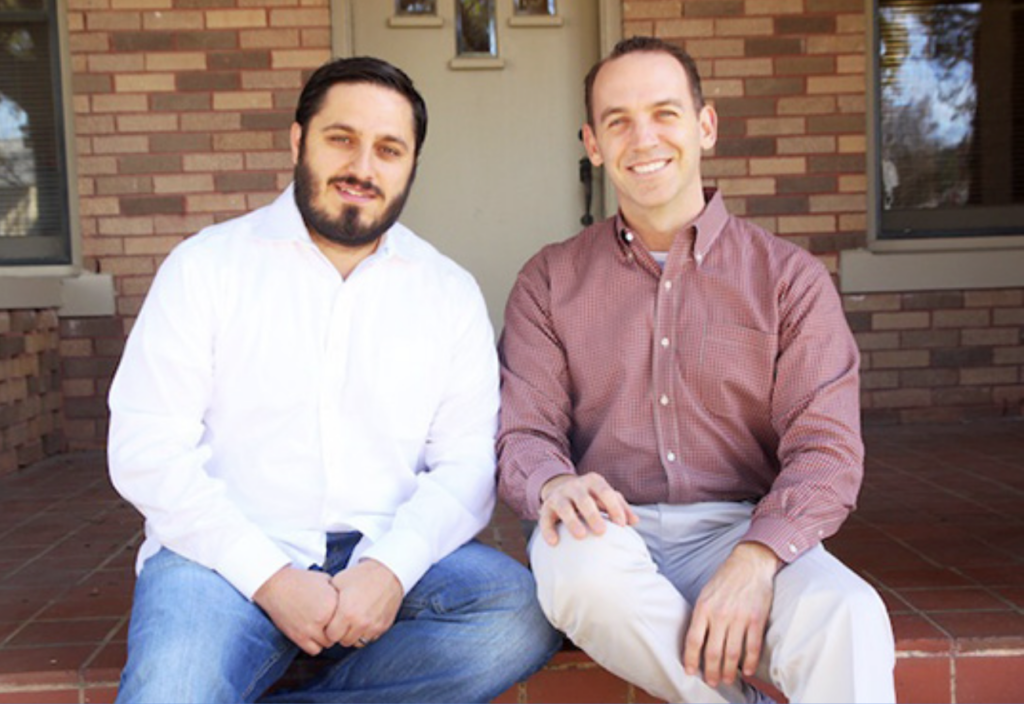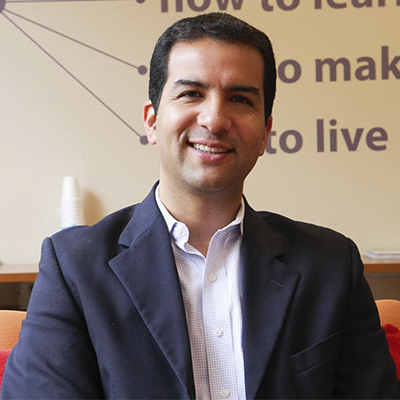Do You Know What You’re Working for as an Entrepreneur?
AUGUST 23,2024
Embarking on the entrepreneurial journey is challenging not only for you but also for your spouse and family. It demands a significant investment of resources—both monetary and time.
At Acton, we often emphasize the importance of starting with the end in mind. Understanding the ultimate goal makes the entire process more bearable for everyone involved, especially if the rewards justify the risks and sacrifices that are necessary.
As a part of the Life of Meaning course, you’re required to perform two critical analyses: first, calculate the amount of money you need so that it no longer preoccupies your thoughts; second, map out the timeline of your life.
These tasks prompt some vital questions: Do you know what you’re working towards as an entrepreneur? How much money do you need to stop worrying about money? Have you set a timeline for achieving this? Are your family members aware of these goals?
How much money do you really need?
Most entrepreneurs start a business with the primary goal of making money. But how much is enough? Identifying your “number”—the amount of money you need to live the life you desire—is crucial. This figure should cover your ideal lifestyle, include provisions for generosity, and a safety net for unforeseen circumstances.
It’s helpful to consolidate all these financial goals into a spreadsheet to estimate your annual financial needs. Then, using the prevailing bank interest rates in your country, you can calculate how much capital you need to save.
For instance, suppose you determine you need US$100,000 annually to support your lifestyle, make charitable donations, and save. If banks offer an interest rate of 4 percent, you simply calculate 100 divided by 4 and then multiply it by your annual requirement. In this scenario, you would need US$2.5 million in the bank to stop worrying about finances.
It’s imperative to be intentional about designing your dream life. If you have a family, it’s beneficial to involve them in this financial planning to incorporate their perspectives. Now, everyone understands what you’re working towards, making the countless hours dedicated to your business seem worthwhile.
What’s your timeline?
The next important question is: How long will it take to reach your financial goal? Does your business model support your financial objectives, or are adjustments necessary? Revising your business plans might be essential to position yourself for an exit within your desired timeline. Exiting your business doesn’t necessarily mean selling it. It could also mean passing it on, delegating management, or even closing it down. Whatever the case, having a clear end in sight makes the journey and the wait more bearable.
Acton teaches us about the power of intentionality. Entrepreneurship is a demanding endeavor that requires constant decision-making and prioritization. Without making intentional choices, the pressure can become overwhelming. The Life of Meaning course is designed to help you set clear priorities and make informed decisions that align with the life you’ve intentionally designed for you and your family.
In John Warrillow’s book, Built to Sell, a story unfolds where an entrepreneur grapples with these same questions. The narrative reaches a climax when the entrepreneur, facing a lowball offer during negotiations, is reminded by his mentor of his financial goal—the number he wrote on a piece of paper, which represents the minimum sum he needs to stop worrying about money. This reminder helps him see that even the lower offer meets his financial needs, prompting him to proceed with the sale and successfully exit his company.
Would you be able to make a similar decision? Knowing your financial threshold is critical, as is understanding what a life of meaning entails. Having a clear financial and personal compass is essential for navigating life intentionally.
I have enrolled in the Life of Meaning course twice so far, and I plan to participate several more times throughout my life. It’s crucial to periodically reassess and ensure that I am living intentionally, especially as aspects of my life of meaning may evolve.
What does a life of meaning mean to you? Are you living your life intentionally?
As you reflect on these questions, consider how defining your financial needs and understanding the broader implications of a life of meaning can shape your decisions and lifestyle. Engaging with these concepts not only clarifies your entrepreneurial goals but also enhances your personal life, aligning your actions with your deepest values and aspirations.

By: Jose Muñoz









